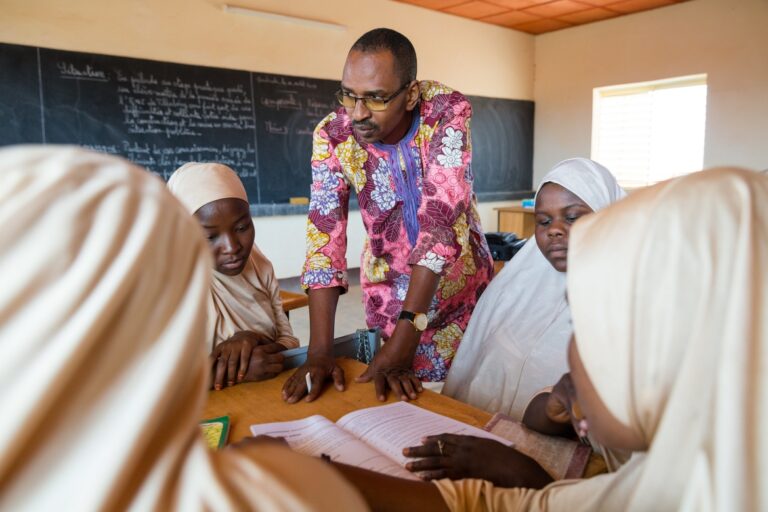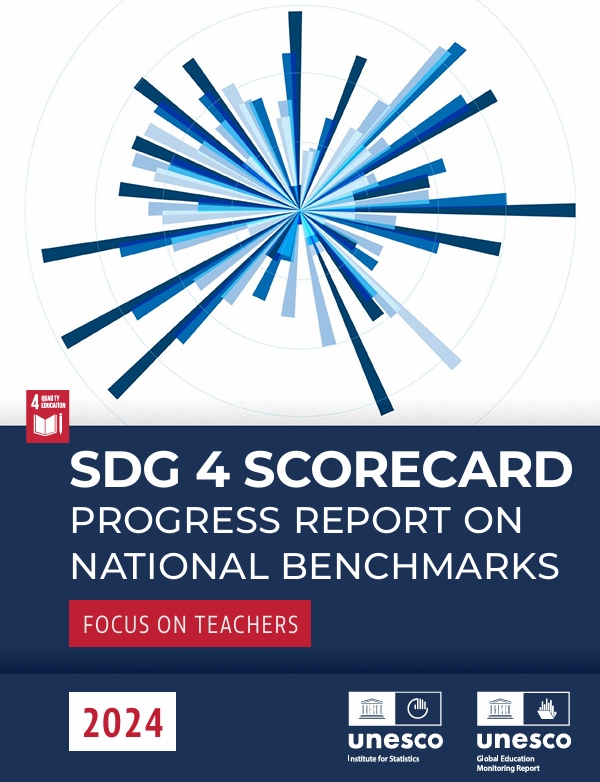Story Source: Harvard Graduate School of Education ~ Go to Original Article
If you want to understand one reason for the current teacher shortage, google the phrase “first-year teacher.” Many of the resulting images show a variation on a single theme: a graph charting the “phases of a first-year teacher” — a seemingly inevitable descent from anticipation and excitement into survival mode and eventual disillusionment around November. Some of the graphs include stick figures steadily losing their enthusiasm or plummeting toward despair.
Research supports some of what these graphs are suggesting, with data around growing attrition and shortages in the profession. The Economic Policy Institute issued a report highlighting the immediacy of a growing teacher shortage, particularly in STEM and special education concentrations. And people have been leaving the profession in large numbers……………………..






